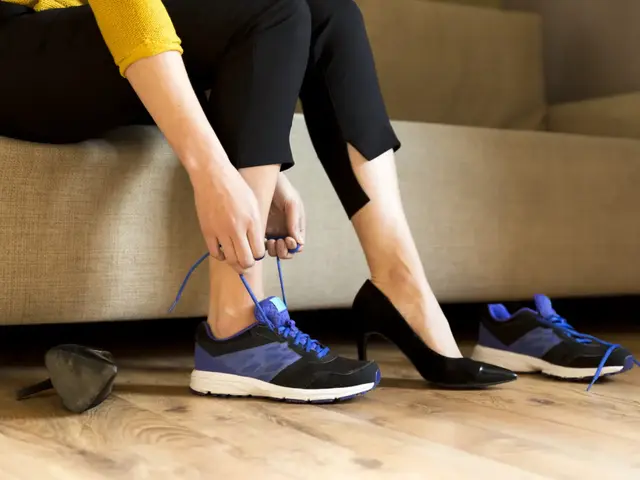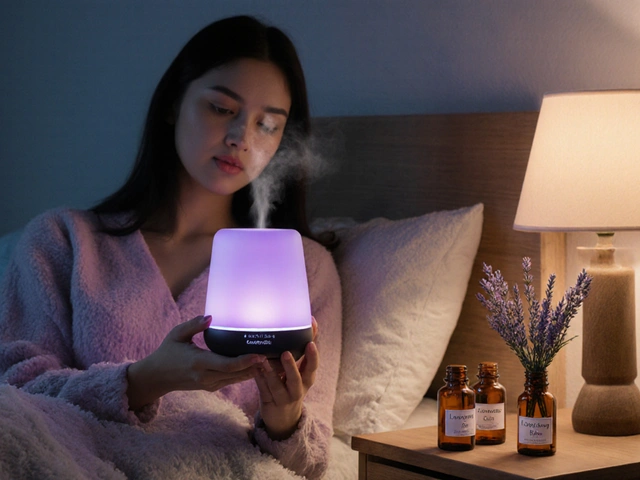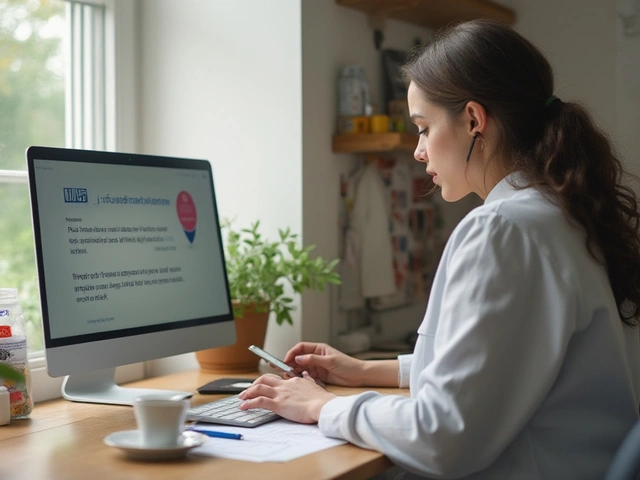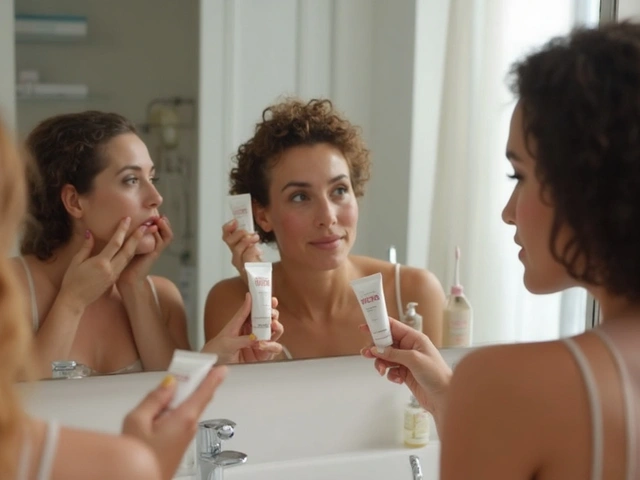Eye Health: Simple Ways to Keep Your Vision Sharp
Ever wonder why you rub your eyes after a long day in front of screens? It’s not just a habit – it can strain your eyes and speed up wear and tear. The good news is that a few everyday changes can make a big difference. Below you’ll find plain‑English advice you can start using right now.
Everyday Habits for Healthy Eyes
First, give your eyes a break. The 20‑20‑20 rule is a lifesaver: every 20 minutes, look at something 20 feet away for at least 20 seconds. It relaxes the focusing muscles and cuts down on dryness.
Second, stay hydrated. Your eyes need moisture, and drinking enough water helps keep the tear film stable. If you work in a dry office, a small humidifier can add extra comfort.
Third, protect your eyes from UV light. Sunglasses aren’t just a fashion statement; they block harmful rays that can cause cataracts later in life. Look for lenses that block 99‑100% of UVA and UVB.
Fourth, keep screens at a comfortable distance – about an arm’s length away – and adjust the brightness so it matches the room. Reducing glare can lessen eye strain dramatically.
Supplements and Treatments You Can Trust
When it comes to supplements, not every product on the shelf is worth your money. The nutrients most linked to eye health are lutein, zeaxanthin, vitamin C, vitamin E, zinc, and omega‑3 fatty acids. Foods like spinach, kale, salmon, and eggs naturally contain these nutrients, so a balanced diet is the best first step.
If you prefer a pill, choose a brand that lists the exact amounts of each ingredient and has third‑party testing. Look for labels that say “FDA‑registered” or “GMP‑certified.” Avoid “miracle” claims that sound too good to be true – they usually are.
For specific issues such as dry eye, over‑the‑counter artificial tears can help, but be wary of drops with preservatives if you need frequent use. Preservative‑free options are gentler for long‑term use.
Finally, never skip a professional eye exam. Even if you feel fine, a yearly check‑up can catch early signs of glaucoma, macular degeneration, or diabetic retinopathy. Early detection means easier treatment and a better chance of keeping your vision.
Putting these steps together – regular screen breaks, proper hydration, UV protection, smart nutrition, and routine eye exams – gives you a solid foundation for healthy eyes. You don’t need a medical degree to protect your vision; just a few practical habits and a bit of common sense. Start today, and you’ll notice the difference sooner than you think.
Eye Inflammation and Migraines: What You Need to Know
Could there be a link between eye inflammation and those pounding migraines that knock you off your feet? While the connection might not be obvious at first glance, some studies suggest that certain types of eye inflammation could play a role in triggering migraines. Understanding the potential relationship can help you take proactive steps in managing both conditions. This article digs into the causes of eye inflammation and offers practical tips for dealing with migraine pain.






